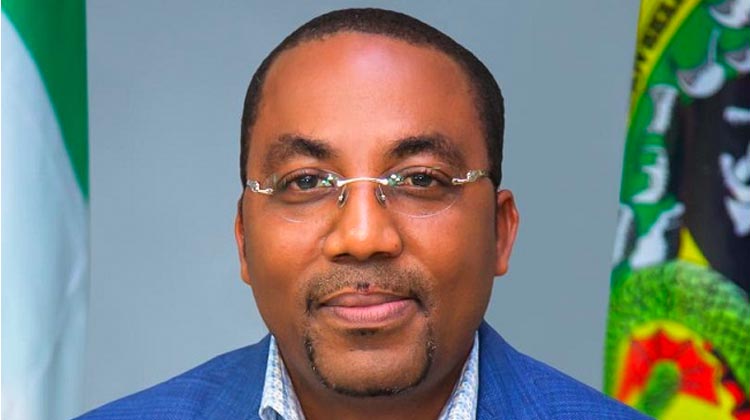The much-anticipated $700 million port rehabilitation project for Apapa and Tincan Island Ports in Lagos, which was expected to begin in the second quarter of 2025, has been delayed once again. This is coming despite earlier assurances from the Nigerian Ports Authority (NPA) that all documents had been submitted and contractors would be mobilised by now.
The project, which is being funded through a $700 million loan secured from Citibank, with backing from UK Export Finance, was designed to give Nigeria’s busiest ports a major facelift. The rehabilitation plan covers Apapa and Tincan Island Ports in Lagos and is expected to ease congestion, improve operations, and boost revenue generation from the maritime sector.
The then Managing Director of NPA, Mohammed Bello-Koko, also said during the signing of the mandate letter with Citibank in Lagos that the funds were available and the project would kick off soon after review by the Debt Management Office (DMO).
“We’ve signed the mandate letter. The next step is final review and approval. Funds are ready, and work will commence shortly,” Bello-Koko said at the time.
In a follow-up comment in January, the General Manager of Corporate and Strategic Communications at the NPA, Mr. Ikechukwu Onyemekara, stated that the required documents had been submitted. He said these included an Environmental Impact Assessment report, financial viability assessments, and memoranda about the authority.
“The loan has been secured. What was left were a few documents required by the UK Export Finance. These documents have been submitted. By the second quarter of this year, contractors will be on site,” Onyemekara assured.
In July, the new Managing Director of NPA, Dr. Abubakar Dantsoho, took over from Bello-Koko. During his early briefings, Dantsoho emphasized that fixing Nigeria’s decaying port infrastructure was one of his top priorities. He stressed that rehabilitating key ports across the country — including Lagos, Calabar, Warri, Onne, and Rivers Ports — was crucial for efficiency and improved revenue.
Dantsoho also highlighted the need to reconstruct the Escravos Breakwater, a critical infrastructure that protects ships and port facilities from ocean waves and flooding.
According to him, Nigeria’s seaports need better infrastructure and stronger partnerships with stakeholders if they are to perform at global standards.
But despite all the assurances, the ground reality remains the same — no visible work has started on any of the projects.
Stakeholders and port users have started raising concerns, especially as the delay may further worsen congestion and poor service delivery at the Lagos ports. The Apapa and Tincan ports have been facing infrastructure challenges for years, leading to inefficiencies and massive revenue losses for both government and businesses.
With the second quarter of 2025 already underway, many are now asking when the actual rehabilitation will begin, and whether the new NPA management will be able to turn promises into action.
